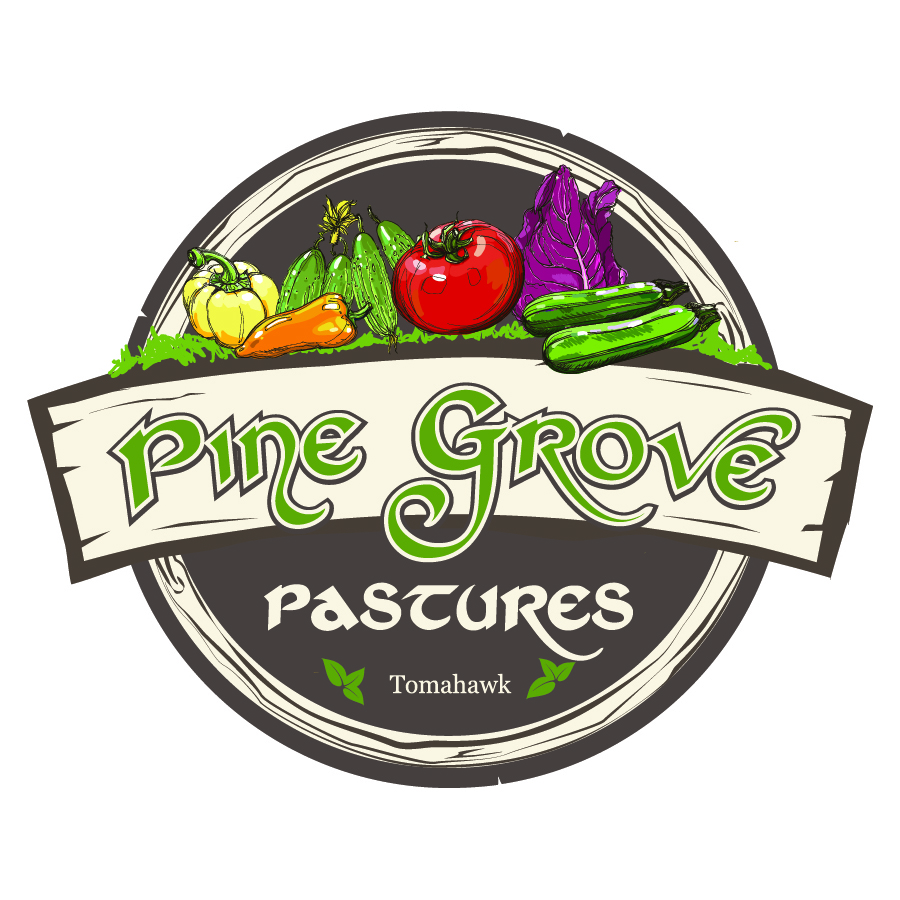1. CSAs keep small farms going
“The number one reason I think CSAs are important to small farms is that it allows them to maintain a certain level of finance. It's almost impossible for a small farm that's under-capitalized to get any kind of financing," says Pete Taliaferro, who runs an organic family farm in New Paltz, NY. "The CSA is a way to maintain the funding to operate your farm. To fund you've got to have either a lot of assets or a significant amount of capital squirreled away.” Shopping at the farmer's market is great. But joining a CSA is even better.
2. It will teach you to improvise in the kitchen
Not only will you have fresh food all season, but the (gentle) pressure of a fridge-full of produce will encourage braver, bolder behavior. Parameters are good for creativity. “Signing up for a CSA, and committing to having a little fun with all the surprises in it forces us to be creative, push ourselves and try new things,” says Real Simple food director Sarah Copeland, author of the vegetarian cookbook Feast. “My fix for any mystery veggies: make soup. Almost any root vegetable—and you get a lot of them in a CSA box—is delicious sweated with onions and spices, then pureed. Chopped salads—whether they begin with leafy greens, or super thinly sliced dense vegetables (beets, turnips) are delicious tossed with olive oil, salt, pepper and a salty cheese, like parm, pecorino, or ricotta salata. Or, turn them into a veggie hash, which always welcomes a fried egg on top.”
3. It frees up your brain
People are happier when they have less choice. Yes, you read that right. Less choice. Renowned behavioral economist and Swarthmore professor Barry Schwartz, Author of The Paradox of Choice and co-author of Practical Wisdom, has written and spoken frequently on option overload in American culture. A CSA is a chance to not think about what’s for dinner. You pick up your bounty and you work backward from there. Your brain is free to think about poems, the landscape, a memory from childhood, the fact that your feet hurt and you need new orthotics. Whatever. It takes one decision off your plate and replaces it with fresh food that is all delicious and good and just asking for you to do whatever it takes to bring out its natural goodness. And it trains your kids (and you) to eat what's in season and not expect unrealistic variety at all times.
4. We need to learn to eat the whole farm
In his recent book, The Third Plate, chef and organic-farming advocate Dan Barber outlines for us the importance of eating everything farmers grow to keep a farm healthy and lively. Companion planting that keeps neighboring plants protected from insects and disease, crop rotation that allows the soil to replenish and thereby yield nutrient-dense produce—these require that organic farmers grow more than your three favorite things. Says Barber: "...what we eat is part of an integrated whole, a web of relationships, that cannot be reduced to single ingredients." So we have to get past wanting nothing but carrots, kale, and tomatoes each week and open up to the rainbow the smart organic farmer provides. There's no better what to do that than to be part of a CSA.
5. It’s not just produce
Pete Taliaferro is quick to clarify that “community supported agriculture is kind of like chili at a chili cook-off—there are lots of different versions.” For example, his family farm gives CSA shareholders access to pork and chicken from a nearby farm, organic cheese and milk from a local creamery, and fermented products from a pickle operation. Wherever you might be, CSA members may be in on the ground floor of things like farm-to-table dinners, opportunities to cut their own flowers from the fields, and fundraisers. Joining a CSA for a small- or medium-sized farm makes you part of a beautiful—but really challenging—system. "You’re giving a portion of your food dollars to a local farmer," Taliaferro says. "In turn the farmer is going to grow food for you, and then give it back." It’s a win-win.
Shared from realsimple.com


